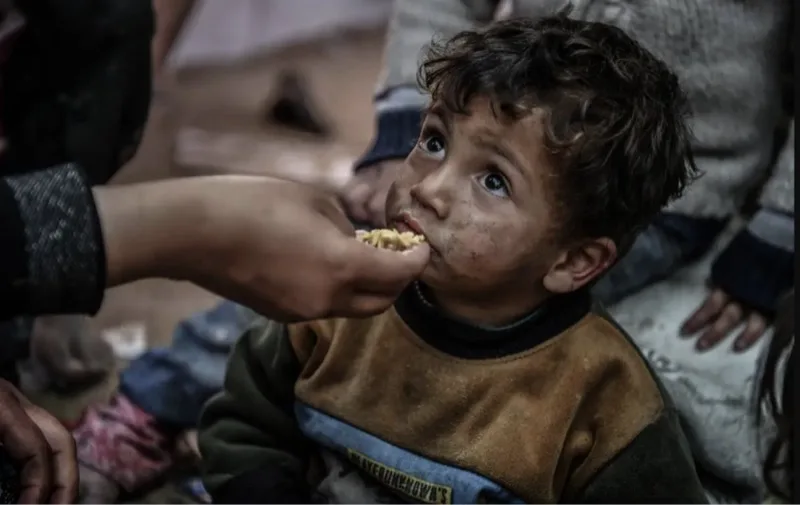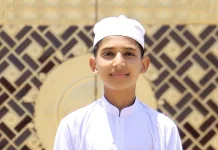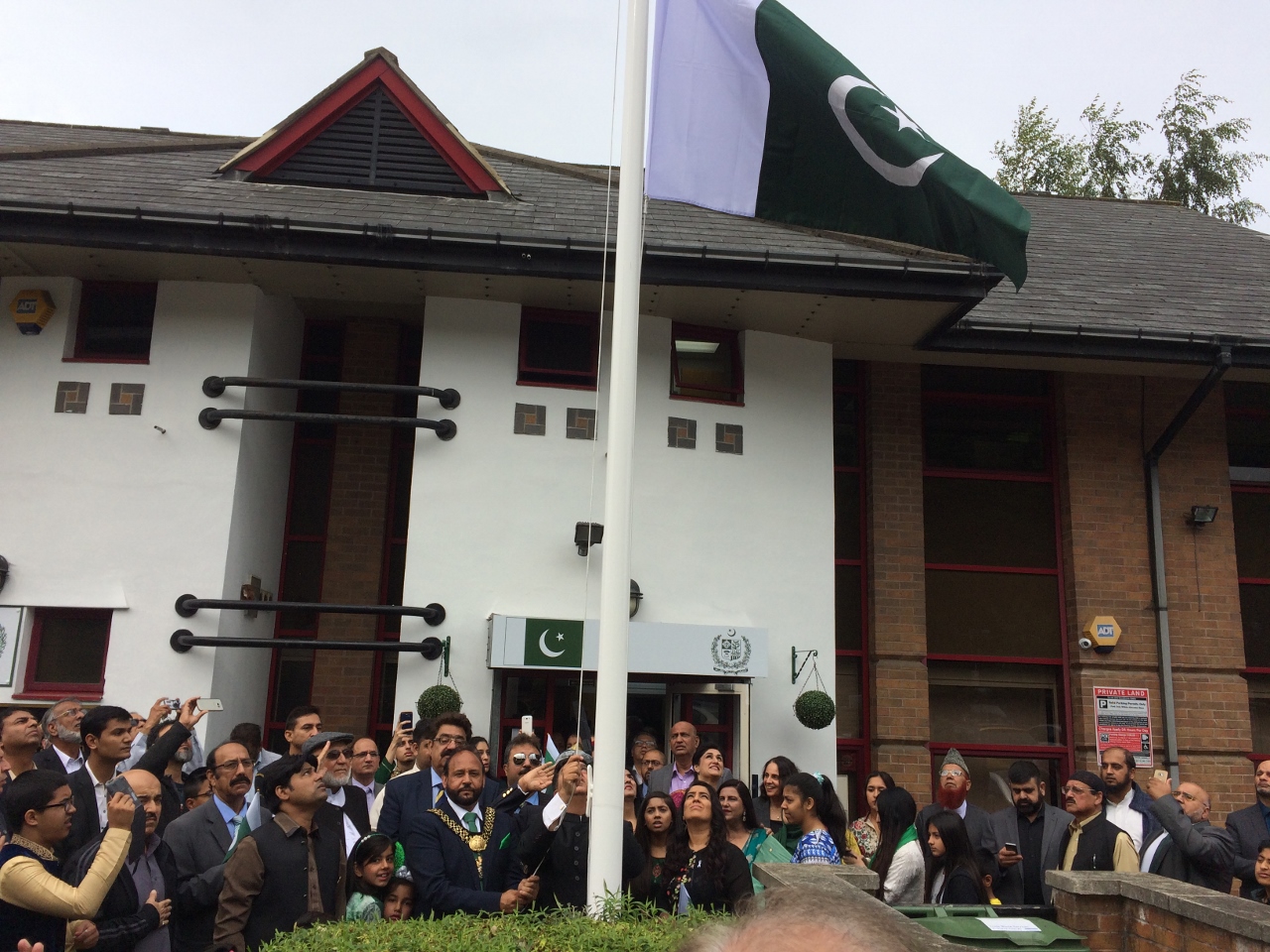
The World Food Programme announced it could no longer send humanitarian aid to the area after its trucks were targeted by Israel.
Struggling to survive, Palestinians in Gaza have been eating grass, animal feed, and in northern areas simply drinking broth because aid is no longer entering the Strip, more Palestinians are now expected to die of malnutrition than have died as a result of Israel’s brutal bombing campaign.
It is now 140 days since Israel launched its genocidal war on Gaza.
This week, the International Court of Justice (ICJ) in the Hague has been hearing the submissions of 50 countries on the legal consequences of Israel’s occupation of the West Bank and East Jerusalem.
Israel is not attending the hearings but has sent a five-page written statement saying an advisory opinion would be “harmful” to attempts to resolve the conflict because questions posed by the UN General Assembly are prejudiced.
The ICJ has heard about Israel’s annexation of Palestinian land, the deliberate transfer of settlers on to occupied Palestinian territories and the restrictions Tel Aviv imposes on Palestinians with regards to accessing their agricultural lands, natural resources and communities. This, many states have argued, proves Israel intends to make the occupation permanent, and under international law, occupations are temporary measures.
In Gaza, Israel has been edging closer to Rafah, the final ‘safe zone’ for Palestinians who have been forced to flee northern and central parts of the Strip.
There have been reports that Egypt is building a walled enclosure for Palestinians on its side of the Rafah Crossing, in order to accept refugees fleeing Israel’s expanding offensive. Egypt has denied the reports, but images from the area have circulated online.
Israeli opposition leader and former Prime Minister Benny Gantz has indicated that a ground offensive into Rafah could be launched during the Muslim holy month of Ramadan, which begins in just a few days.
Negotiations for a prisoner swap deal and ceasefire are ongoing in an effort to avert a further escalation.
The situation in northern Gaza has become so dire, after the World Food Programme (WFP) announced it could no longer send humanitarian aid to the area after its trucks were targeted by occupation forces, that Palestinians have reportedly died of starvation, while children and pregnant women have been found to be suffering severe malnutrition.
Meanwhile, the US and its allies continue to cut aid to the UN agency responsible for Palestine refugees (UNRWA) as a result of Israel’s so-far unfounded allegations that some of its staff took part in the 7 October Palestinian resistance’s infiltration of Israel. Israel has provided no proof of the claims, however 18 countries cut ties with the UN body.
Israel is putting in place laws to ban UNRWA from operating in the areas under its control, this would ban officials from the organisation entering the occupied Palestinian territories.
Israeli officials have also said they are preparing the “necessary procedures” to close Al Jazeera news channel.
The US and UK have continued to bomb Yemen because of the Houthis’ targeting of Israel-bound ships, with the Houthis announcing the UK and US vessels in the Red Sea will now be targeted in response.
Israel’s bombing of southern Lebanon has intensified over the past week, While the cross border battle between Hezbollah and Israel have also continued, 190 Hezbollah fighters have been killed as a result of the fighting since 8 October.
Run down of the events since 7th October 2023 – 22nd February 2024
- Israeli occupation forces continue to hinder and prevent aid from travelling to areas in northern Gaza, according to the UN. On 20 February, the UN’s World Food Program (WFP) announced that it had halted food distribution in northern Gaza until safety conditions there improve, after its trucks were targeted by Israeli tanks in the area.
- The entire population in the Gaza Strip faces an imminent risk of famine, according to the UN. Some 2.2 million Palestinians in Gaza are in urgent need of food assistance each day and ‘people risk dying of hunger’. This is expected to get worse as funding for UNRWA depletes.
- At least 29,410 Palestinians have been killed in Gaza. About 70 per cent of those killed are said to be women and children. 69,465 Palestinians have been injured. Many people are missing, presumably buried under the rubble, waiting for rescue or recovery. Oxfam has said that on average 100 children are being killed every day in Gaza.
- Since the start of the ground operation at the end of October, 235 Israeli soldiers have been killed and 1,396 have been injured in Gaza, according to the Israeli military.
- Israeli officials have warned that a ground offensive into Gaza’s last remaining city, Rafah – where more than half of the displaced Palestinians have been taking shelter – could be launched during the Muslim holy month of Ramadan, in early March. As a result, Palestinians have been moving west, fearing an invasion from the east.
- As a result of the mass expulsions, shelters across Rafah are severely overcrowded, with over half of those displaced from across the enclave moving to the southern city. The region has also been targeted by air strikes. In some areas sewage is said to be ankle deep, while elsewhere queues for the toilet can last hours with 600 people sharing one toilet.
- Far-right Israeli ministers and members of the Knesset attended a conference calling for renewed settlement in Gaza. Signs at the event included those reading: ‘Only transfer [the displacement of Palestinians] will bring peace.’
- More than 500,000 Palestinians will have no homes to return to as a result of Israel’s destruction of the Strip.
- Some 12,301 trucks of aid, including fuel, have entered the besieged enclave since 21 October. With fewer loads entering the Strip since the start of February, as Israel continues its efforts to starve the Palestinian people out of their land. Prior to Israel’s bombing campaign 500 trucks entered the Strip daily, this would have meant 69,500 trucks would have entered by 22 February 2024. Even this fell below the needs of the population but was governed by the siege Israel had placed on Gaza since 2007. Israel continues to ban the entry of essential items into the Strip, including spare parts for medical equipment, children’s toys and tent polls.















